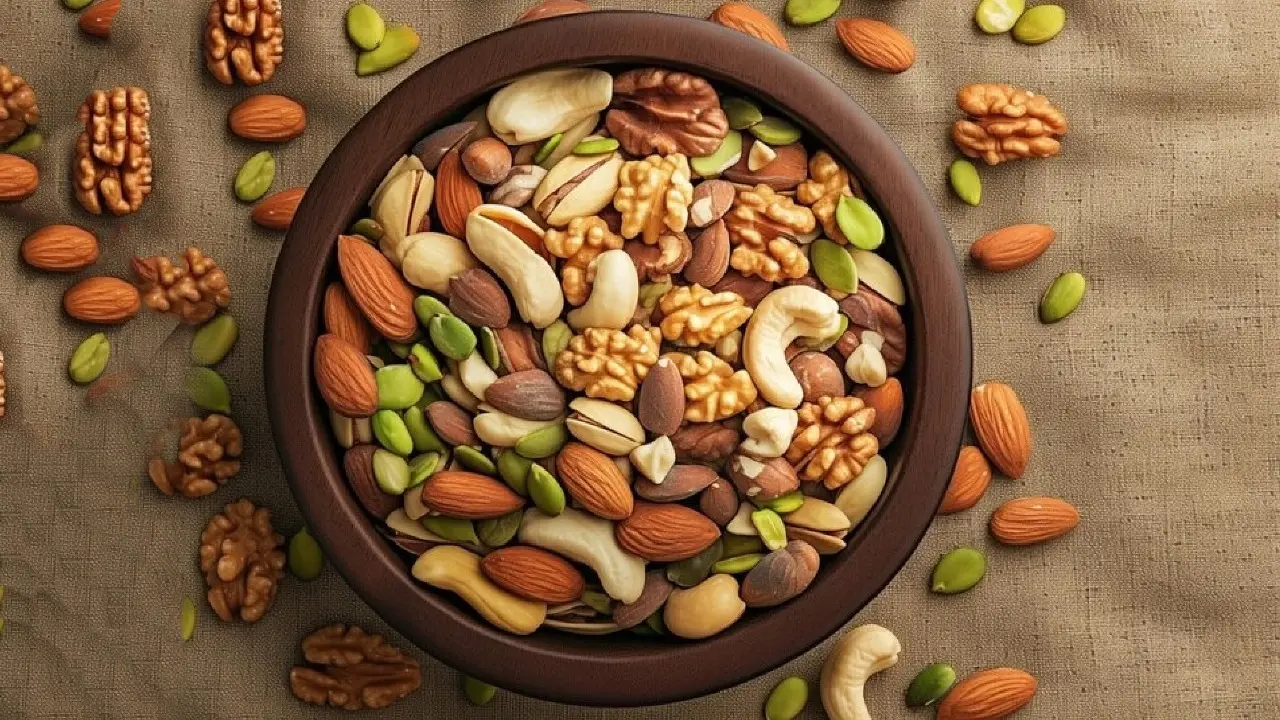Updated 20 May 2024 at 21:40 IST
ICMR Releases Dietary Guidelines For Inactive Women
This ICMR report highlights the dietary needs of women who lead sedentary lifestyles, including working women and mothers balancing multiple roles daily.
- Health News
- 2 min read

The Indian Council of Medical Research (ICMR) has unveiled its dietary guidelines for people residing in India, drawing significant attention from the food and beverage industry. These guidelines, consisting of 17 key points, put emphasis on unhealthy dietary practices and the health risks associated with mislabeling food products. Notably, the report highlights the dietary needs of women who lead sedentary lifestyles, including working women and mothers balancing multiple roles daily.
The ICMR's diet chart for women who do not exercise regularly emphasises a balanced and nutritious intake throughout the day. Here’s a breakdown of their recommended daily diet:

Breakfast (350 Kcal)
Soaked and boiled whole grains: 60g
Boiled red/black beans, lobia, or chickpea: 30g
Green leafy vegetables: 50g
Nuts: 20g
Lunch (740 Kcal)
Cereals: 80g
Pulses: 20g
Vegetables: 150g
Green leafy vegetables: 50g
Nuts or oil seeds: 10g (included in curries with 15g cooking oil)
Curd or paneer: 150ml
Fruits: 50g
Advertisement
Dinner (415 Kcal)
Cereals: 60g
Pulses: 15g
Vegetables: 50g
Oil: 5g
Curd: 100ml
Fruits: 50g
Evening Snack (35 Kcal)
Milk: 50ml
Advertisement
Choosing healthy alternatives
The guidelines advocate for the selection of wholesome food choices over those made from refined grains or those with high levels of added sugar and oils. Key recommendations include:

Plan balanced meals
Incorporate sufficient vegetables and whole grains such as whole wheat roti, millets, barley, and bamboo rice. Legumes like beans and lentils should be included in a cereal-pulse ratio of 3:1 or 5:1, providing essential fiber and nutrients. These components offer sustained energy and help maintain fullness, reducing unnecessary calorie intake.

Practice portion control
Being mindful of portion sizes is crucial to prevent overeating. Moderation ensures that the nutritional needs are met without excessive calorie consumption.
Snack smart
Opt for nutrient-dense snacks like a handful of nuts, plain yogurt, or cut vegetables with a dash of spice. These options are not only healthy but also help curb hunger between meals without adding empty calories.
The ICMR's guidelines serve as a comprehensive resource for women leading inactive lifestyles, promoting healthier eating habits and overall well-being. By following these recommendations, women can better manage their nutritional intake and maintain a balanced diet tailored to their specific needs.
Published By : Devasheesh Pandey
Published On: 20 May 2024 at 21:40 IST
